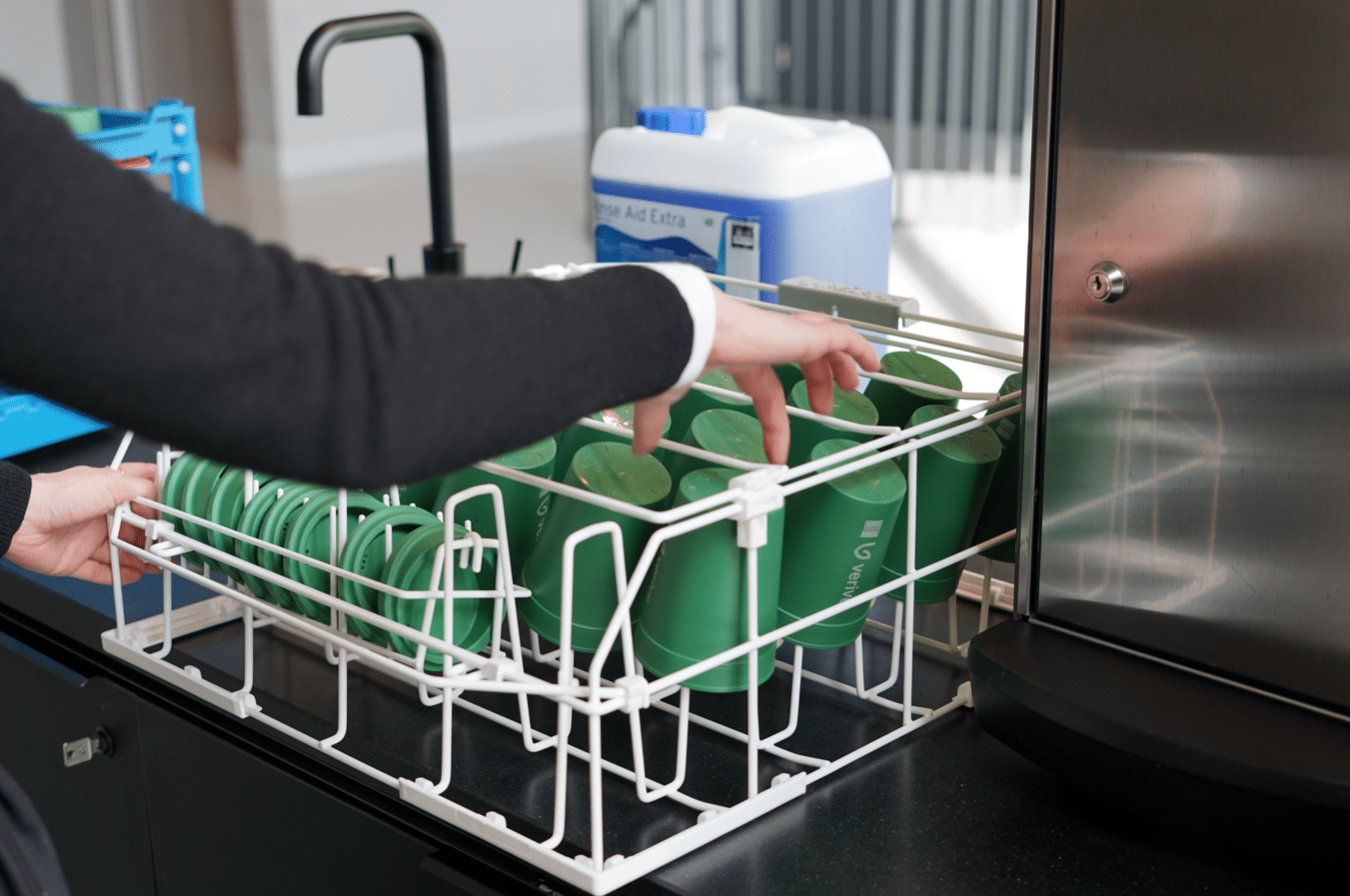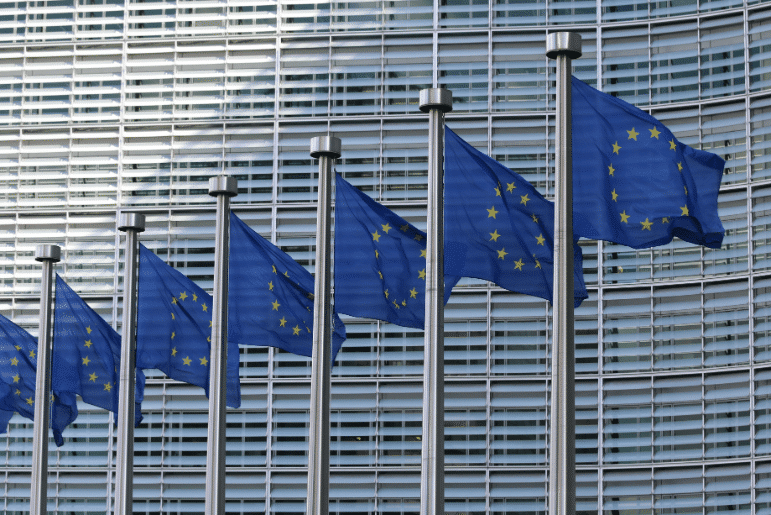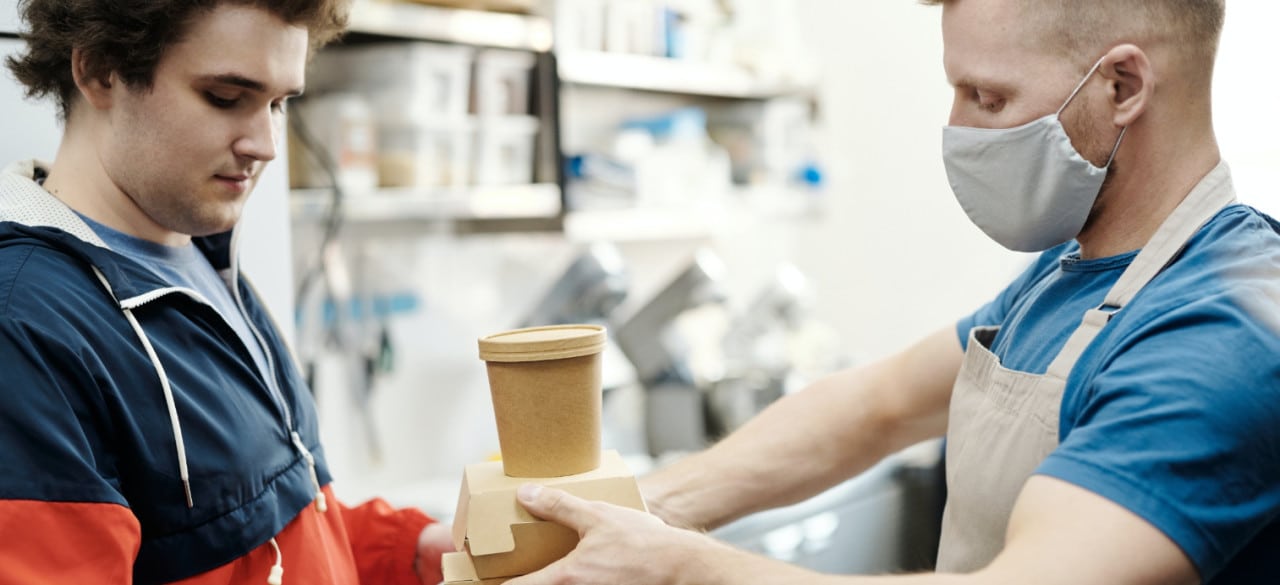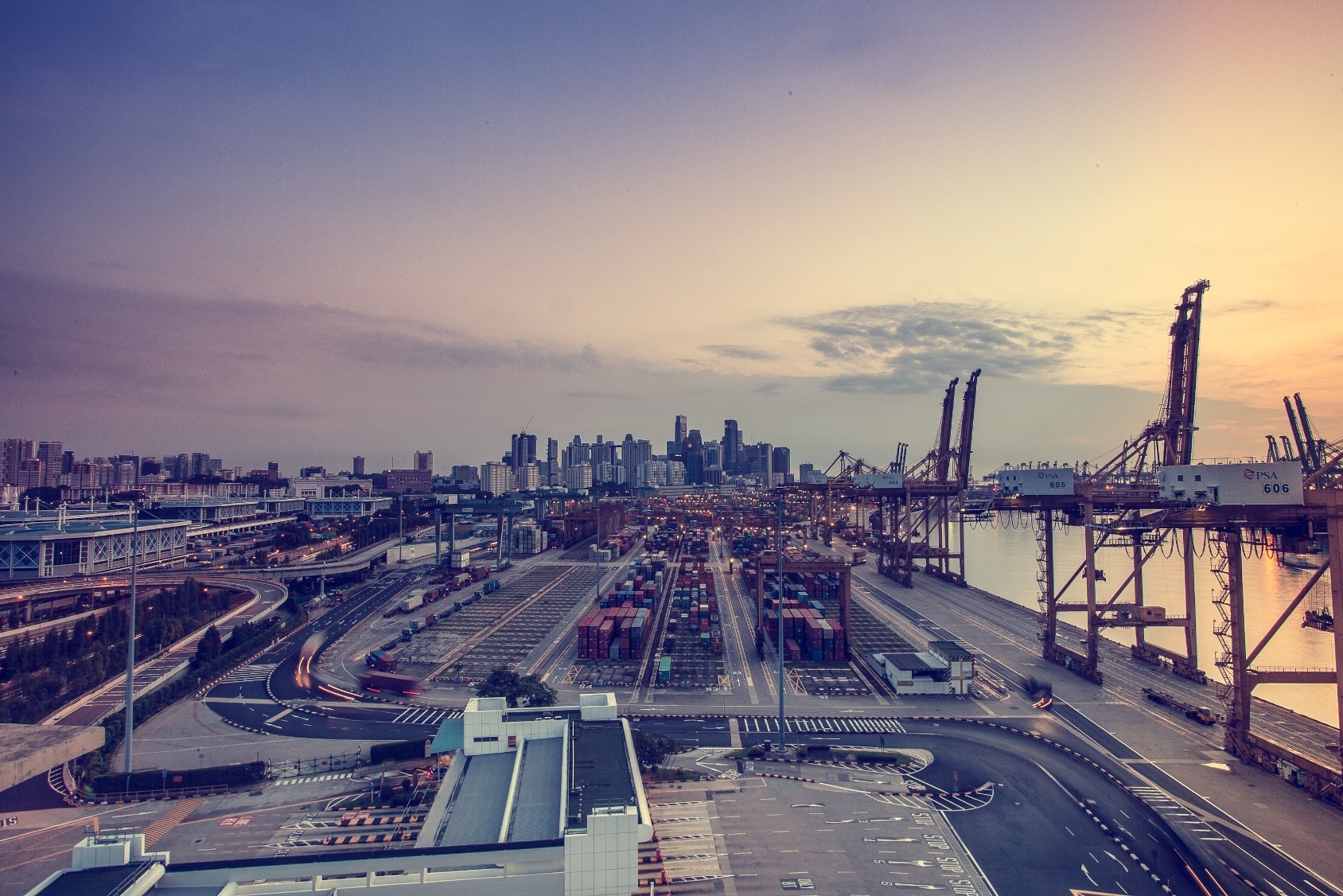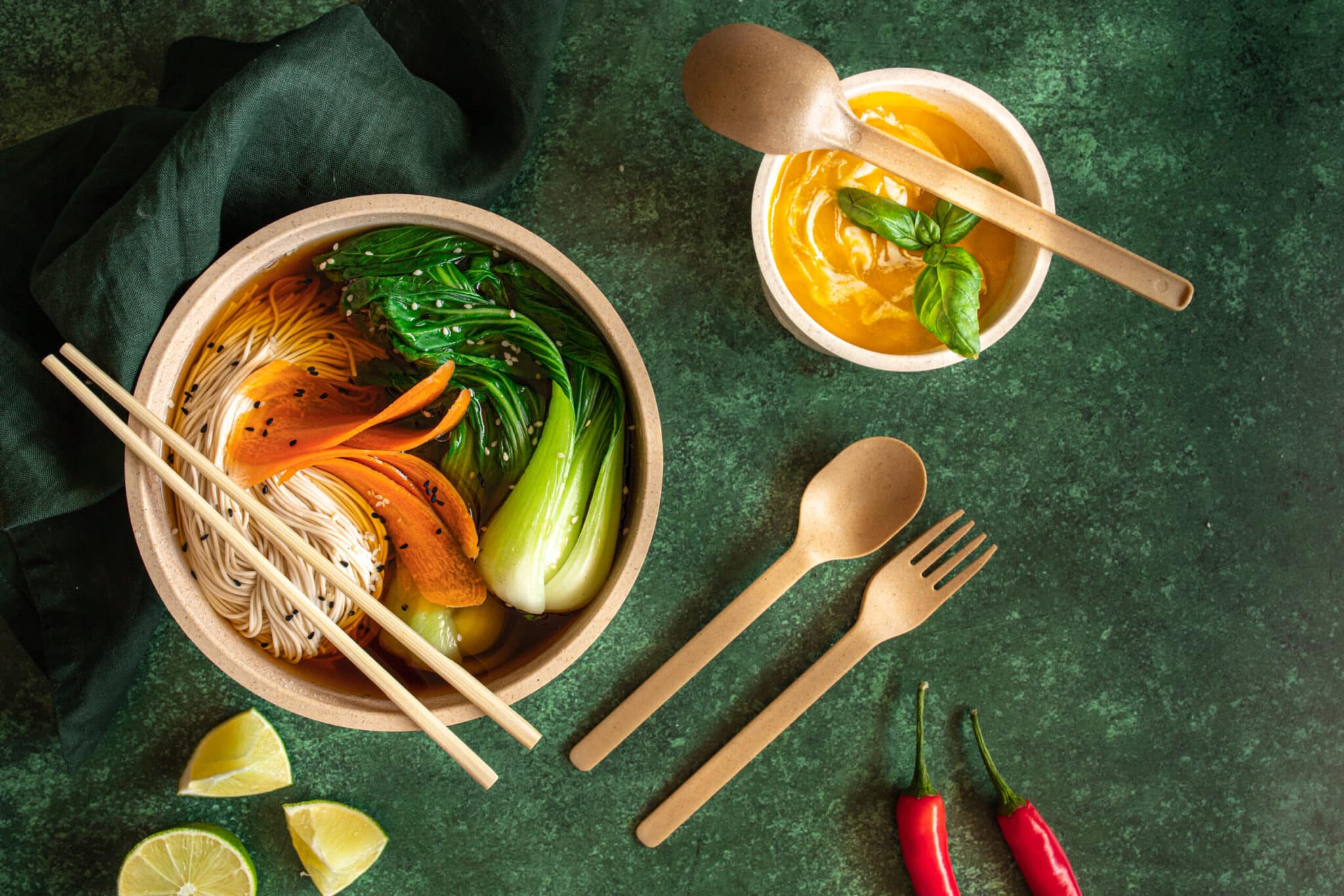About this article
In light of this year's important International Day of Forests theme – ‘Forests and sustainable production and consumption’ – we seek to foster a better understanding of responsible sourcing and end of life procedures for forest resources.
No matter where you call home, wood is a crucial though often unacknowledged ingredient in the food we consume. Some people rely on burning wood to cook their food; others rely directly on forest fruits and by-products as nutrition. Increasingly, many consume food served in or on wood in the form of paperboard or cardboard tableware thanks to the rise in food deliveries and takeaways. Within Europe, you increasingly see and eat from wood-based disposables and packaging.
Given hygiene concerns and restaurant closures related to COVID-19, the use of disposables – both plastic-based and renewables – has shot up since 2020. Furthermore, the adoption of wooden cutlery and paper straws have been greatly encouraged by the EU’s Single-Use Plastics Directive (since July 2021 with continued rollout through 2024). The end result: More disposables are in use, and more are derived from non-polymer, renewable materials like bamboo, palm leaf, and wood than ever before.

That’s why we wanted to join in this year’s International Day of Forests theme of ‘Forests and sustainable production and consumption.’ We find this year’s theme especially relevant to the hospitality, catering, and disposables industry, given the rise of disposables and food packaging made from forest materials. Furthermore, we seek to foster a better understanding of responsible sourcing and end of life procedures from forest resources.
Renewable does not automatically mean sustainable
The marked increase in recyclable and compostable disposables is hugely positive. However, it is equally important to ensure we do not automatically assume these are sustainable because they are renewable. What do we mean by that?
Renewables can be grown, sourced, and manufactured into products in ways that harm the planet and its producers. Without adequate recycling and/or composting facilities, these renewables can inadvertently contribute to waste streams. In the case of trees versus bamboo (both renewables), trees take much much longer to grow back and are therefore not quickly replaceable.
It’s important to remember that maintaining healthy forests and combating climate change isn’t all about planting trees; it’s also about ensuring that goods sourced from these resources do not harm people or the planet along the entire supply chain, including end of life.
Source wood and bamboo products that promote responsible forestry
It is important to learn about and seek out these common certifications for wood and bamboo products to ensure products and practices promote responsible forestry.
The Forest Stewardship Council (FSC) aims to promote responsible forestry. FSC-certified forests are managed with consideration for people, wildlife and the environment and independently audited to ensure they meet FSC’s principles and criteria. Their system uses ten criteria for assessing responsible forest management, ranging from compliance with international treaties to maintaining workers’ social wellbeing and conserving ecosystems. FSC focuses on forest management and chain of custody, ensuring that certified products have responsible and transparent sources.
Did you know bamboo products are also eligible for FSC certification? Find that curious? Bamboo is grown in forests which should be monitored and audited in a similar way to wood forests, especially given their natural invasiveness. Additionally, you want to avoid a scenario where people cut down forests and other natural habitats to plant bamboo for commercial use. In this sense, it falls under the remit of responsible forest management.
The Programme for the Endorsement of Forest Certification (PEFC) is similar to FSC insofar as it works to promote and certify responsible forestry. When you see the PEFC label, be assured that you aren't contributing to deforestation, and workers’ rights have been protected across production.
In summary, FSC & PEFC are chain of command certificates, following the raw materials all the way along the supply chain. They require rigorous audits and paperwork at each ‘stop’ of the products’ journey. When a business wants to sell FSC or PEFC products, they have to implement this process and pay for a licence. For that reason, you will find the FSC logo on some of our Verive paper and wooden products depending on the local supplier from which you buy. Bunzl Großhandel and Multiline Denmark stock our FSC-certified, wood-based products.
Read more about certifications, including end of life (not just sourcing), such as the EU standards for industrial and composting systems (EN13432:2000). Alternately, visit the PEFC and FSC organisation websites directly.
More on responsible sourcing and Verive’s product and sourcing commitments
Our product range is sourced ethically and responsibly. We work with suppliers from around the world, and we expect all of them to meet the same internationally recognised human rights, environmental, and quality standards we hold for our own business. Read more about our responsible sourcing practices, our commitments, and how we put people and the planet first.

For those in the hospitality, catering, and disposables industries, what does ‘Forests and Sustainable Production and Consumption’ mean to you? We’d love to hear your thoughts. Shoot us an email or connect with us on social media.


